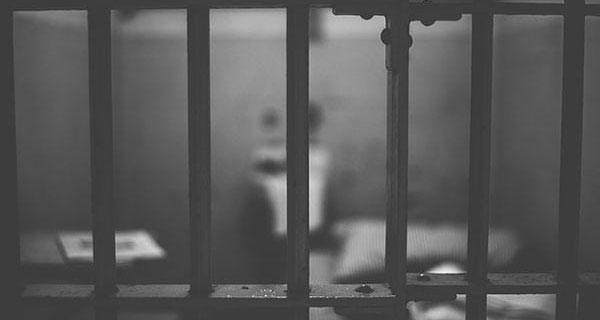 In The Wealth of Nations, Adam Smith described a smuggler as “a person who, though no doubt highly blameable for violating the laws of his country, is frequently incapable of violating those of natural justice, and would have been, in every respect, an excellent citizen, had not the laws of his country made that a crime which nature never meant to be so.”
In The Wealth of Nations, Adam Smith described a smuggler as “a person who, though no doubt highly blameable for violating the laws of his country, is frequently incapable of violating those of natural justice, and would have been, in every respect, an excellent citizen, had not the laws of his country made that a crime which nature never meant to be so.”
The context of this quotation was that excessive taxes on certain goods often encourage the smuggling of these goods in the hope of evading the taxes. When the smuggler is caught, however, “he is frequently disposed to defend with violence, what he has been accustomed to regard as his just property.”
This leads to unfortunate results: “From being at first, perhaps, rather imprudent than criminal, he at last too often becomes one of the hardiest and most determined violators of the laws of society,” and the smuggler is brought to ruin, observed Smith.
The creation of criminals and a black market – as well as the wasted labour of the people doing the smuggling rather than performing some more productive economic activity – are some of the often-ignored costs of excessive taxes on certain goods.
In Canada, an excellent illustration of this was provided in 2012 in the Niagara Region in southern Ontario.
Due to Canada’s supply management system that levies tariffs of up to 300 per cent on dairy products, the price of cheese in the United States is around one-third of the Canadian price.
So several individuals (including a police officer) bought around $200,000 worth of cheese in the United States and smuggled it into Canada, selling it for a tidy profit to pizzerias and restaurants.
These smugglers were “no doubt highly blameable for violating the laws of his country.” But did they violate any laws of natural justice?
Unless they acted violently in the course of their smuggling, their actions – buying cheese in the U.S. and selling it in Canada – were not untoward, except for the fact that the Canadian government “made that a crime which nature never meant to be so.”
Excessive taxes that encourage smuggling and black market activity are a significant policy issue in Canada.
When marijuana was legalized last year, a major concern was that if legal marijuana is too heavily taxed, consumers would be driven away from legal producers and to the black market.
And then there are cigarettes. A study released in 2017 by the Ontario Convenience Stores Association found that 37 per cent of cigarettes smoked in the province were illegal. As the association described, “repeated government tax hikes mean the retail price gap between legal tobacco and contraband tobacco continues to widen, making illegal cigarettes financially more attractive.”
This unfairly penalizes legal retailers. Moreover, high cigarette taxes may not benefit even non-smoking taxpayers. Just as raising income tax rates doesn’t necessarily yield higher income tax revenues if people find legal or illegal ways to avoid these taxes, raising cigarette tax rates doesn’t necessarily help fill government coffers if those taxes simply drive smokers towards illegal cigarettes.
Taxpayers are also on the hook for the extra government resources consumed by police raids on illegal tobacco traders.
Private economic resources are wasted, too. A large black market – in cheese, marijuana, cigarettes or anything else – means labour is consumed by smuggling activities, and individuals who have capacity for productive work instead head down the unhappy road, as Smith described, of becoming hardened lawbreakers.
Such are the unintended consequences of charging excessive tax rates on certain goods.
Matthew Lau is a research associate with the Frontier Centre for Public Policy.
The views, opinions and positions expressed by columnists and contributors are the author’s alone. They do not inherently or expressly reflect the views, opinions and/or positions of our publication.


